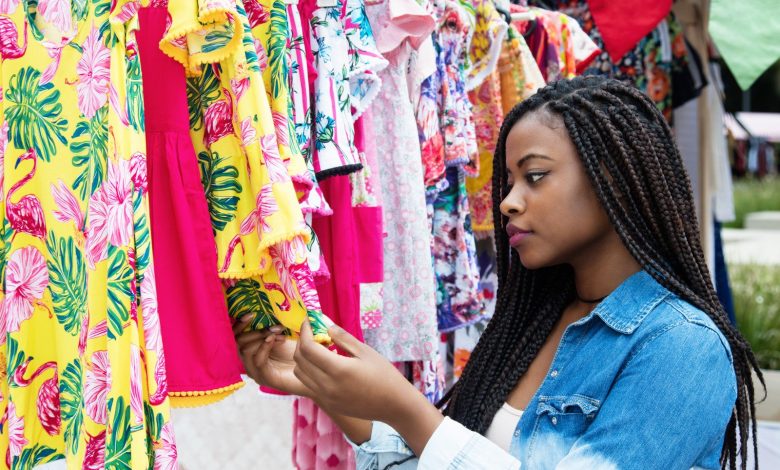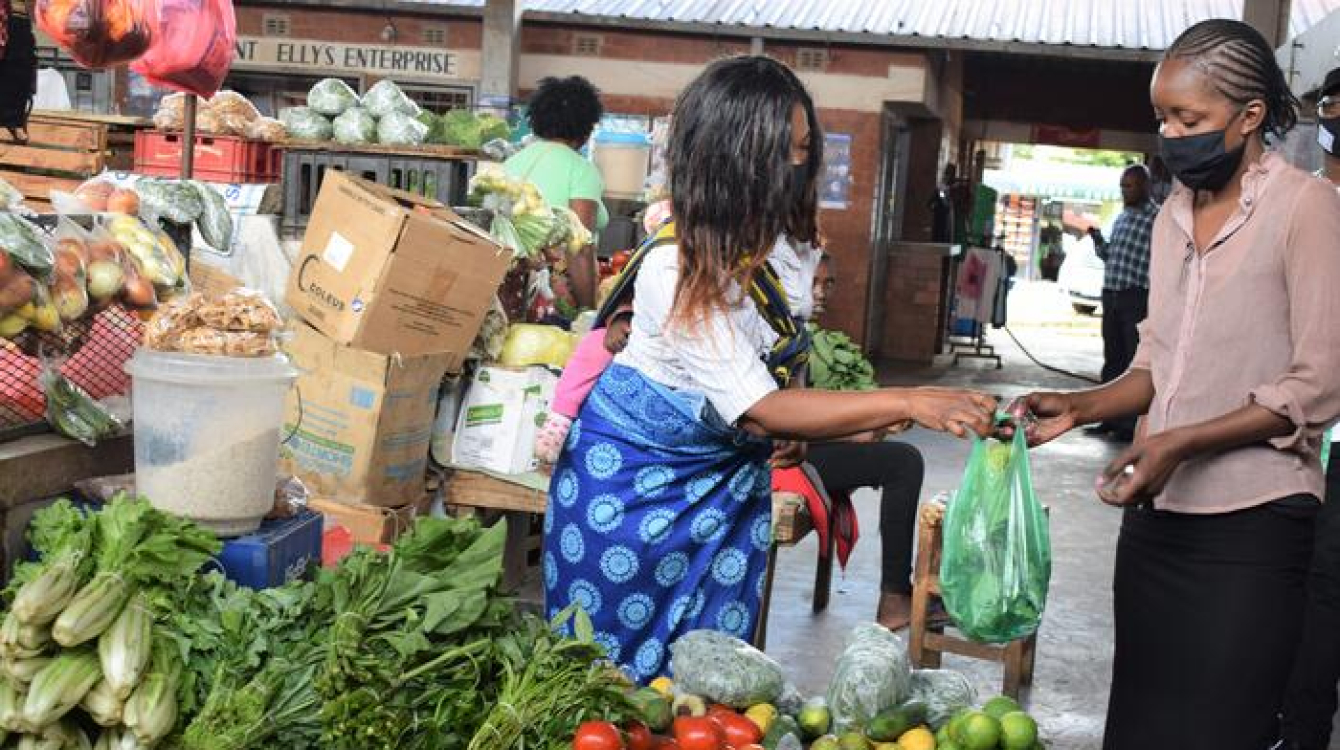Shopping Against the Weather Can Also Help Save Money In Africa. Here’s How

Shopping against the weather refers to the practice of making purchasing decisions while going against the weather. If it’s hot, for example, you go for cold items. When it’s rainy, you buy sun-related items etc. In this context, it means buying certain products or goods during specific weather conditions to potentially take advantage of lower prices or better deals.
Shopping against the weather in Africa can also be an effective strategy for saving money, but it depends on various factors and the specific context in which you are shopping.
Here are some points to consider:
- Seasonal Sales: Just like in many other parts of the world, African retailers often offer seasonal sales and discounts on certain products. Shopping during off-peak seasons or during the rainy season when fewer people are shopping may lead to finding better deals.
- Demand and Supply: During certain weather conditions, the demand for specific products may increase. For example, during the rainy season, there might be a higher demand for umbrellas and raincoats. As a result, prices may rise during that time. Conversely, during the dry season, there may be discounts on such items as they are in less demand.

- Agricultural Produce: If you are buying fresh produce, shopping against the weather could impact prices. For example, certain fruits or vegetables might be cheaper and more abundant during the harvest season.
- Climate Impact on Lifestyle: Weather conditions in Africa can significantly impact daily life and activities. For instance, during extremely hot periods, air conditioners and fans may be in high demand, leading to higher prices. Conversely, during cooler periods, there may be discounts on cooling-related items.
- Weather-Appropriate Clothing: Shopping for weather-appropriate clothing during the off-season can be cost-effective. For example, buying warm clothing during the hot season or buying summer clothes during the cooler months might help you find better deals.
- Tourist Seasons: In some parts of Africa, tourism can have a significant impact on local prices. Shopping during the low tourist season when there are fewer visitors could potentially lead to lower prices on various goods and services.
However, it’s important to remember that while shopping against the weather might help you find some deals, it’s not a universal rule. Prices can be influenced by multiple factors, including economic conditions, availability of goods, local market dynamics, and more.






